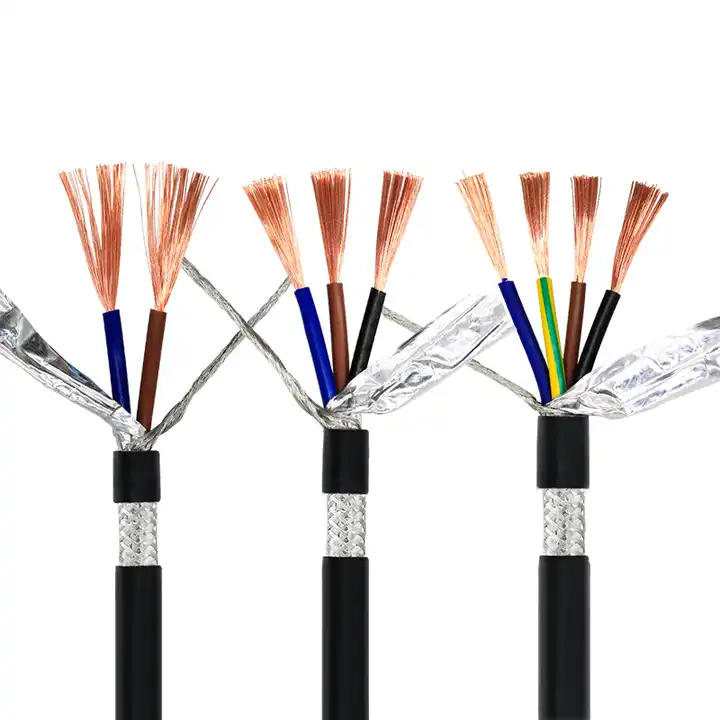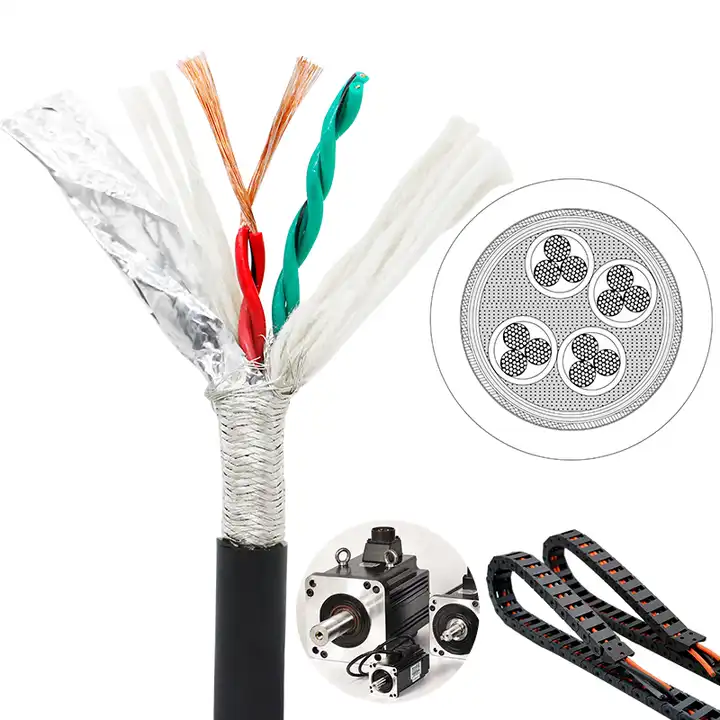With the rising popularity of electric vehicles (EVs), questions about the universality of EV charging cables have become increasingly pertinent. The diversity of charging standards, connectors, and vehicle compatibility has created a landscape where not all EV charging cables are universally interchangeable. In this exploration, we will delve into the factors influencing the universality of EV charging cables, the various cable types, and the role these cables play in the broader context of electric vehicle charging.As a representative of the industry, multicore cable price It is necessary to set a certain example for peers and lead the way in product quality. https://www.linkcablecn.com
Understanding EV Charging Cable Types
EV Charging Cable (Generic Term):
Refers to the cable used for charging electric vehicles.
Different types exist based on charging standards and connectors.
EV Charger Cable:
Specifically refers to the cable that connects the electric vehicle to the charging station.
Comes in various types and connector configurations.
EV Charge Cable:
Another term used interchangeably to refer to the cable used for charging electric vehicles.
Encompasses cables designed for both home and public charging.
Factors Influencing Universality
Vehicle Compatibility:
Different EV manufacturers adopt specific charging standards and connectors.
Compatibility is influenced by the type of cable required by the vehicle.
Charging Infrastructure:
Public charging stations may support various charging cable types.
Compatibility is also influenced by the connectors available at these charging stations.
Charging Standards:
Various global and regional standards exist, such as CHAdeMO, CCS, Type 1 (J1772), and Type 2 (Mennekes).
Each standard has its own connector and charging protocol, affecting universality.
Universality Challenges and Solutions
Multi-Standard Charging Stations:
Many public charging stations are equipped with multiple cable types to accommodate diverse EV models.
This approach addresses compatibility challenges for a broader range of electric vehicles.
Adapter Solutions:
Adapters are available to facilitate charging between different cable types.
Users can adapt their EVs to varying charging station connectors using these adapters.
Standardization Initiatives:
Ongoing efforts aim to standardize charging connectors globally.
Collaboration among industry stakeholders seeks to create a more uniform charging infrastructure.
The Role of EV Charging Cables
Home Charging Cables:
EV owners often use specific cables for home charging, compatible with their vehicle’s charging port.
Home charging cables are tailored to the user’s EV model and are not interchangeable with all vehicles.
Public Charging Cables:
Public charging cables must cater to a broader range of EV models.
These cables are designed to be more versatile, with connectors that support multiple charging standards.
Customization for Manufacturers:
EV charging cable manufacturers provide customization options to accommodate specific requirements of different EV manufacturers.
Custom cable lengths, connectors, and specifications ensure compatibility with diverse vehicle models.





